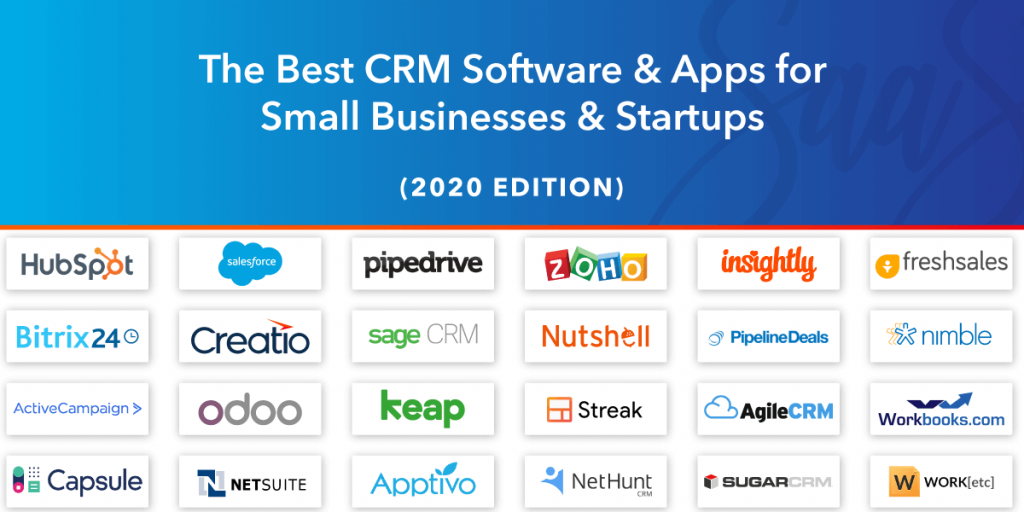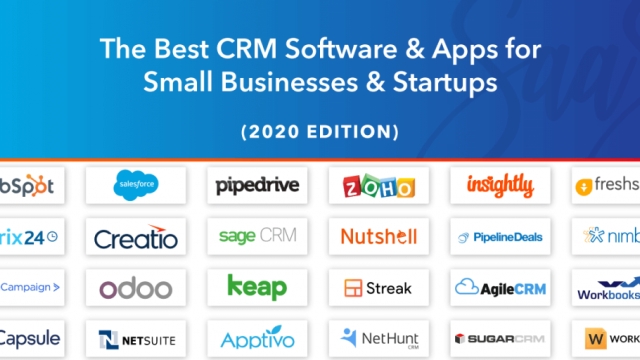Streamlining Success: Unleashing the Power of a CRM System
In today’s fast-paced business environment, service companies are continuously seeking ways to streamline their operations and enhance their overall efficiency. One tool that has proven to be instrumental in achieving these goals is Customer Relationship Management (CRM) system. Designed to centralize and optimize various aspects of a business, a CRM system provides a comprehensive solution for managing invoices, tickets, inventory, finance, and much more.
For service companies, where the seamless management of customer relationships and operations is paramount, implementing a CRM system can bring about significant benefits. By leveraging the functionality of a CRM system, businesses can efficiently handle invoices, generating accurate and timely bills for clients. Additionally, it enables the effective management of tickets, ensuring prompt resolution of customer issues and providing valuable insights for service improvement.
Inventory management is another area where a CRM system can make a substantial impact. With its ability to monitor and track stock levels, businesses can avoid shortages and streamline their procurement processes. Moreover, sophisticated features like barcode labeling simplify inventory management, making it easier to identify, categorize, and locate products effectively.
It doesn’t stop there – a capable CRM system can also handle financial tasks seamlessly. By integrating finance-related functionalities, businesses can automate processes such as expense tracking, payment processing, and financial reporting. This streamlined approach not only saves time and effort but also provides businesses with clear visibility into their financial status and empowers better decision-making.
Furthermore, a CRM system’s reporting and analytics capabilities prove invaluable in measuring the success of a service company. By generating comprehensive reports and analyzing key performance indicators, businesses gain insights into their operations, customer behavior, and the overall effectiveness of their strategies. Armed with such data-driven insights, companies can make informed decisions to drive growth, customer satisfaction, and long-term success.
In conclusion, a CRM system is a powerful tool that service companies can leverage to streamline their operations, boost efficiency, and ultimately drive success. From managing invoices, tickets, and inventory, to optimizing finance-related processes and providing comprehensive analytics, a CRM system empowers businesses with the tools they need to thrive in today’s competitive landscape. By embracing the power of a CRM system, service companies can unlock their full potential and take their customer relationships and operational excellence to new heights.
Benefits of a CRM System for Service Companies
A CRM system for service companies brings numerous benefits that can significantly enhance operational efficiency and drive business success. From streamlining essential processes to improving customer satisfaction, implementing a CRM system can revolutionize the way service companies function. Let’s explore some key advantages of leveraging a CRM system.
-
Enhanced Customer Management: With a CRM system, service companies can effectively manage their customer relationships. By keeping track of customer interactions, preferences, and purchase history, companies can personalize their service offerings and cater to individual needs. This level of personalized service not only improves customer satisfaction but also builds long-lasting relationships and encourages repeat business.
-
Efficient Operations: A CRM system serves as a powerful program that enables service companies to handle various aspects of their operations seamlessly. From invoices and ticket management to inventory control and finance tracking, a CRM system centralizes all these functions, eliminating the need for multiple software or manual processes. This consolidation streamlines operations, reduces errors, and saves valuable time and resources.
-
Informed Decision-Making: One of the significant advantages of a CRM system is its ability to generate detailed reports and provide valuable analytics. Service companies can leverage this feature to gain insights into customer preferences, trends, and overall performance. Access to such information empowers companies to make informed decisions, optimize their service offerings, identify areas for improvement, and stay ahead of competitors in the market.
In conclusion, a CRM system offers multiple benefits to service companies, ranging from enhanced customer management and efficient operations to data-driven decision-making. By implementing a CRM system, service companies can unlock their true potential, streamline their processes, and unleash the power of a comprehensive and integrated solution.
Key Features of a CRM System for Service Companies

A CRM system designed for service companies offers a range of essential features to streamline operations and drive success. Let’s explore some of the key features that make it an indispensable tool for managing invoices, tickets, inventory, barcode labeling, finance, reports, and analytics.
-
Efficient Invoicing and Ticket Management:
With a CRM system, service companies can create and manage invoices and tickets seamlessly. The system allows for easy customization, enabling businesses to incorporate their branding and specific invoice formats. This feature eliminates the need for manual paperwork, reducing errors and saving valuable time. By generating and tracking invoices and tickets within the CRM system, service companies can enhance their efficiency and provide top-notch customer service. -
Effective Inventory Management:
Keeping track of inventory is crucial for service companies, and a CRM system simplifies this process. The system provides a centralized platform to monitor stock levels, track product movements, and automatically update inventory data in real-time. This level of visibility ensures smooth operations, prevents stockouts, and enables timely replenishment. By optimizing inventory management, service companies can maintain customer satisfaction and avoid unnecessary costs. -
Streamlined Barcode Labeling and Finance:
A CRM system equipped with barcode labeling capabilities facilitates accurate tracking of products and assets. Service companies can easily generate and print barcodes for items, streamlining the labeling process. Additionally, the system integrates financial functions, allowing businesses to manage accounts receivable and payable within the same platform. By streamlining barcode labeling and finance, service companies can improve accuracy, increase productivity, and make informed financial decisions. -
Comprehensive Reports and Analytics:
A robust CRM system provides service companies with valuable insights through comprehensive reporting and analytics. Businesses can generate detailed reports on various aspects like sales, customer behavior, and profitability. Analyzing these reports helps identify trends, market opportunities, and areas for improvement. By leveraging data-driven insights, service companies can make informed decisions, optimize their strategies, and ultimately achieve sustainable growth.
In conclusion, a CRM system designed specifically for service companies offers a range of key features that optimize processes and enhance overall performance. From efficient invoicing and ticket management to effective inventory control, streamlined barcode labeling, and comprehensive reports and analytics, this powerful tool empowers service companies to unlock their full potential and streamline success.
Implementing a CRM System for Service Companies
A CRM system can revolutionize the way service companies operate, by providing a comprehensive platform that integrates multiple functions into one streamlined system. From managing invoices and tickets to organizing inventory and finance, a CRM system can optimize the operational efficiency of service companies. In addition, its robust reporting and analytics capabilities enable business owners to gain valuable insights and make data-driven decisions.
When implementing a CRM system for service companies, it is essential to assess the specific needs and requirements of the business. This involves understanding the key processes and workflows involved in service delivery, as well as identifying areas where automation and centralization can bring tangible benefits. By tailoring the CRM system to address these specific needs, service companies can maximize the value derived from its implementation.
Furthermore, the adoption of a CRM system can also drive better collaboration and communication within service companies. With features like barcode labeling and inventory management, employees can easily track and monitor stock levels, ensuring timely replenishment and efficient inventory control. This fosters smoother coordination between different departments and enhances overall customer service by reducing delays and errors.
In summary, integrating a CRM system into the operations of service companies can significantly enhance productivity, automate key processes, and improve decision-making through powerful reporting and analytics. By taking the time to understand business requirements and customizing the system accordingly, service companies can effectively leverage this technology to streamline their operations and unlock their full potential.


